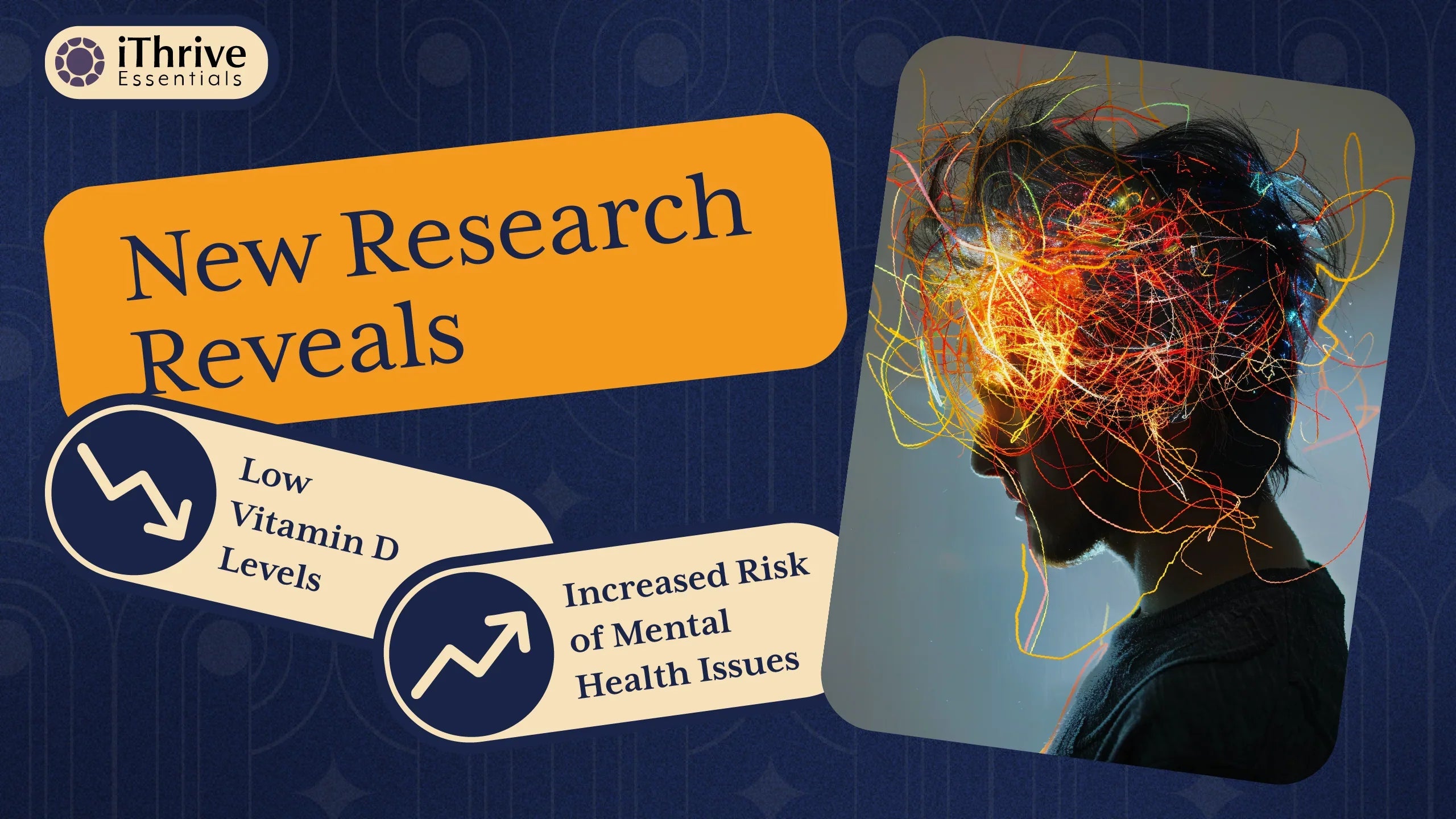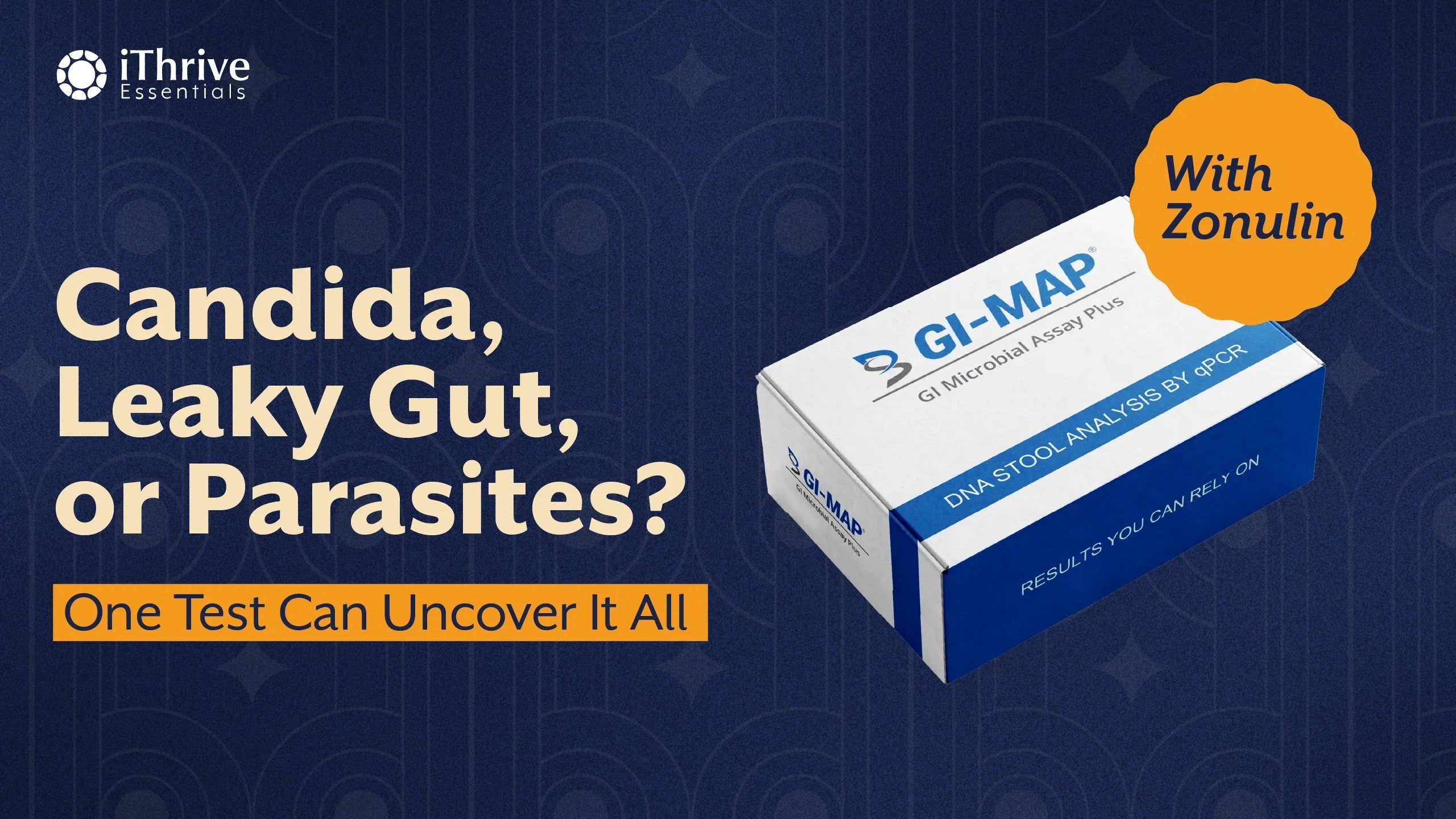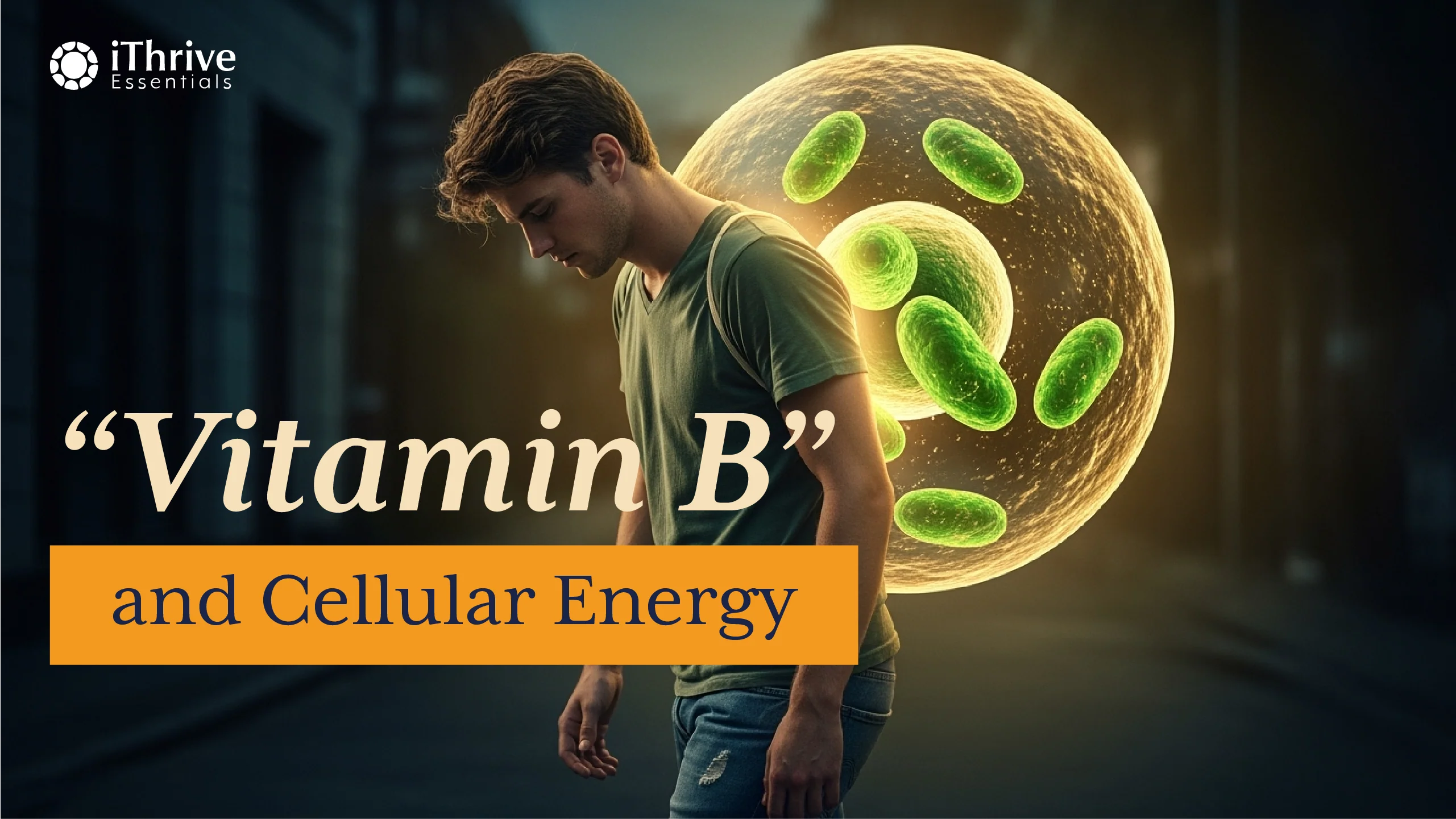
New Research Reveals: Low Vitamin D Levels May Be Linked to Increased Risk of Mental Health Issues
One of the most neglected but vital nutrients for good health, vitamin D, is lacking in more than 70% of Indians. Even more concerning is the fact that recent research indicates a connection between low vitamin D levels and a higher risk of depression and other mental health conditions.
One silent contributor to the ongoing threat to mental health in today's fast-paced world may be right in front of you: a vitamin D deficiency.
This blog explores how our connection to Vitamin D has changed from ancient times to now, what science says about its impact on mental health, and how to choose the right supplement to support your healing.
Ancient Times: Healing from the Sun
Thousands of years ago, people naturally got all the Vitamin D they needed just by living their daily lives. They worked outdoors, walked in the sun, bathed in natural light, and followed the rhythms of nature.
In many ancient cultures like in India, Egypt, and Greece sunlight was seen as a source of energy and healing. Sunbathing (also known as heliotherapy) was prescribed for emotional balance, skin health, and fatigue.
There was no need for supplements, because food was cleaner, routines were nature-aligned, and sunlight was part of life.
The Modern Lifestyle: Indoors, Screens, and Deficiency
Fast forward to today, most of us spend our days indoors under artificial lighting. We sit at desks, work on laptops, scroll endlessly on phones, and barely expose our skin to natural sunlight.
Even in a sun-rich country like India, Vitamin D deficiency is widespread. Why? Because:
-
We wear full-coverage clothing when outdoors
-
We use sunscreen (which blocks UVB rays needed for Vitamin D synthesis)
-
Pollution filters out sunlight before it even reaches our skin
-
High-rise buildings and indoor routines limit direct sun exposure
Now, you might be thinking, “But I eat healthy. I follow a clean, balanced diet. Surely, I’m not deficient.”
Unfortunately, that’s no longer a guarantee.
Here's why:
Today’s food is not the same as it was decades ago. Even the healthiest foods you eat may lack the nutrients your body needs, including Vitamin D.
What has actually changed?
-
Soil depletion: Over-farming and lack of crop rotation have stripped the soil of essential minerals. Nutrients that once made their way from rich soil into our vegetables are now barely present.
-
Pesticides and chemical farming: The heavy use of fertilizers and pesticides damages the soil microbiome, reducing plants' ability to absorb nutrients effectively.
-
Factory-farmed animal products: Animals raised indoors, without sunlight or a natural diet, produce meat, eggs, and dairy that are low in Vitamin D and other fat-soluble nutrients.
-
Storage and transport: Fruits and vegetables are often harvested before they’re ripe and stored for long periods, leading to loss of fragile vitamins before they even reach your plate.
So yes, even if you're eating clean, your food today just doesn’t have the same nutrient punch it once did. And since Vitamin D is already hard to get from food, this makes matters worse.
What New Research Says: The Link Between Low Vitamin D and Depression
Recent studies have drawn a clear line between low Vitamin D levels and poor mental health.
One study published in The Journal of Affective Disorders in 2024 found that people with low Vitamin D levels were more likely to experience symptoms of depression, mood swings, and emotional instability.
Another paper in Psychiatry Research noted that Vitamin D influences the function of neurotransmitters like serotonin and dopamine that are the same chemicals targeted by antidepressants.
When your body lacks Vitamin D:
-
Your mood may dip.
-
You may feel anxious, irritable, or fatigued.
-
You could experience brain fog or emotional numbness.
These symptoms can worsen over time, often mistaken as “just stress” or “laziness,” when in reality, it could be a simple nutrient deficiency.
How Vitamin D Supports Mental Health
 Vitamin D isn’t just about bones, it plays a powerful role in keeping your brain and mood balanced. Here's how:
Vitamin D isn’t just about bones, it plays a powerful role in keeping your brain and mood balanced. Here's how:
1. Boosts Serotonin and Dopamine - Your Mood-Regulating Hormones
Vitamin D helps your brain produce serotonin and dopamine, the two key neurotransmitters that control:
-
Mood
-
Motivation
-
Focus
-
Emotional stability
Low levels of serotonin are often linked to depression and irritability, while dopamine is essential for feeling motivated and engaged. If you’re deficient in Vitamin D, your body may struggle to maintain healthy levels of these mood-boosting chemicals, making you feel low, anxious, or emotionally drained.
2. Reduces Inflammation - A Root Cause of Depression and Anxiety
Chronic inflammation doesn’t just harm your body but it affects your brain and mental health too. In fact, studies show that inflammation in the brain can lead to:
-
Depressed mood
-
Increased anxiety
-
Fatigue and brain fog
Vitamin D works as a natural anti-inflammatory, helping reduce inflammation throughout the body, including the brain. When inflammation is under control, your mind feels clearer, calmer, and more resilient.
3. Supports Brain Cell Communication
Your brain is made up of billions of cells that constantly talk to each other through electrical signals and chemicals. Vitamin D helps these cells:
-
Communicate smoothly
-
Grow new connections (neuroplasticity)
-
Stay protected from damage
This means better focus, memory, and emotional regulation. A deficiency in Vitamin D can slow down these messages, leading to mental fog, confusion, or forgetfulness.
4. Improves Sleep Quality - Which Directly Affects Mood
Poor sleep is one of the biggest triggers for low mood, anxiety, and emotional sensitivity. Vitamin D supports the production of melatonin, the hormone that regulates your sleep-wake cycle.
Research shows that people with low Vitamin D levels:
-
Take longer to fall asleep
-
Wake up more during the night
-
Feel more tired during the day
When you sleep better, your brain gets time to recover, reset, and balance hormones, which naturally improves your emotional state.
5. Protects Against Cognitive Decline
Long-term Vitamin D deficiency has been linked to an increased risk of memory problems, brain aging, and cognitive decline. Vitamin D helps protect neurons from damage, and supports the removal of waste from the brain.
This is especially important as we age. Healthy levels of Vitamin D have been associated with:
-
Sharper memory
-
Lower risk of dementia
-
Reduced brain fog
How Can You Fill the Gap of Vitamin D Deficiency?
After everything we’ve discussed, one thing is clear:
Even a healthy diet and lifestyle may not be enough to restore or maintain optimal Vitamin D levels in today’s world.
The most effective and reliable solution is: Supplementation.
Supplements offer a controlled, consistent, and bioavailable way to give your body the exact amount of Vitamin D it needs without depending solely on food or sunlight.
How to Choose the Right Vitamin D Supplement
Here are key things to keep in mind when selecting your Vitamin D supplement:
1. Go for Vitamin D3, Not D2
Vitamin D3 (cholecalciferol) is the natural form that your body makes from sunlight. It’s better absorbed and more effective than Vitamin D2 (Ergocalciferol), which is often synthetic.
2. Pair it with Vitamin K2 and MK-7
When you take Vitamin D, your body absorbs more calcium. But without K2, that calcium can get deposited in the wrong places like your arteries. Vitamin K2(MK-7) ensures calcium goes to your bones and teeth, not your blood vessels. MK-7 is the best form of K2 as it is more important for bone health. That’s why D3 + K2 (MK-7) is the ideal combo.
3. Check for Clean Labels
Avoid supplements with synthetic fillers, preservatives, or artificial colors. Check for Patented Ingredients like Vitashine & Menaquingold for D3 & MK-7. Choose brands that focus on purity, quality, and safety.
Which Is the Best Vitamin D Supplement in the Market?
 With hundreds of Vitamin D supplements available online and in stores, choosing the right one can feel overwhelming. Capsules, tablets, sprays, fortified foods what really works?
With hundreds of Vitamin D supplements available online and in stores, choosing the right one can feel overwhelming. Capsules, tablets, sprays, fortified foods what really works?
We recommend iThrive Essentials Vitamin D3+K2 Drops
Why Choose iThrive Essentials Vitamin D3+K2 Drops?
At iThrive, we believe healing should be rooted in precision, purity, and personalization.
Our iThrive Essentials Vitamin D3+K2 comes in easy-to-use liquid drops that deliver powerful benefits with every dose:
-
Highly bioavailable liquid form for fast absorption
-
Clean formula with no synthetic fillers, preservatives, or artificial ingredients
-
Clinically effective dose: 600 IU of Vitamin D3 + 25 mcg of K2 (MK-7) in each serving. Total serving in bottle consists of 900 drops. One can easily give clinically significant dosages by increasing the number of drops.
-
Expert-formulated based on functional nutrition science
-
Perfect for both adults and children, especially those who dislike tablets
How to Naturally Boost Your Vitamin D (and Your Mood)
While supplementation is often necessary to correct a deficiency, especially in today’s indoor lifestyle, there are also several natural ways to support your body’s Vitamin D levels and uplift your mood every day.
Remember, your mental well-being isn’t only about what’s happening around you,it’s also deeply tied to what’s happening inside your body.
Here are 4 simple, natural ways to give both your Vitamin D and mood a healthy boost:
1. Soak Up the Sun
Your skin can produce Vitamin D naturally when exposed to sunlight. Aim for 15–30 minutes of sun exposure on your face, arms, or legs without sunscreen ideally in the morning, when UVB rays are strongest.
-
The sunlight not only triggers Vitamin D production but also boosts serotonin, your natural "feel-good" hormone.
-
Spending time in natural light can also help regulate your sleep-wake cycle, which plays a key role in emotional balance.
Just 20 minutes in the sun can give you more than a dose of Vitamin D, it can lift your entire mood.
2. Eat Foods That Fuel Vitamin D and Happy Hormones
Although food alone can't fully meet your Vitamin D needs, adding Vitamin D-rich foods to your diet helps support overall balance.
Include:
-
Ghee - rich in fat-soluble vitamins and supports gut and hormone health
-
Egg yolks - one of the best natural sources of Vitamin D
-
Fatty fish (like salmon, mackerel, sardines) – rich in both D and omega-3s, great for brain and mood
3. Practice Daily Stress Relief
Chronic stress reduces your body’s ability to absorb nutrients and can also lower your Vitamin D levels over time.
-
Try deep breathing or yoga
-
Take a walk in nature
-
Journal, listen to calming music, or just disconnect from screens
4. Move Your Body Regularly
Exercise helps:
-
Improve blood flow, which helps in nutrient absorption
-
Reduce inflammation
-
Boost endorphins, your body’s natural mood elevators
-
Support better sleep and digestion, both of which are key to Vitamin D utilization
When you combine these simple habits with the right supplementation, you create the perfect environment for your body to restore balance, boost mood, and truly thrive.
If you’re unsure about your Vitamin D levels, the first step is: get your blood tests done. Knowing your nutrient levels can help you make informed choices for your health.
And if you want to go even deeper, you can book a Root Cause Analysis (RCA) with iThrive which is a detailed health investigation where we analyze your blood markers, lifestyle, symptoms, and more to uncover what your body truly needs.



Leave a comment
This site is protected by hCaptcha and the hCaptcha Privacy Policy and Terms of Service apply.